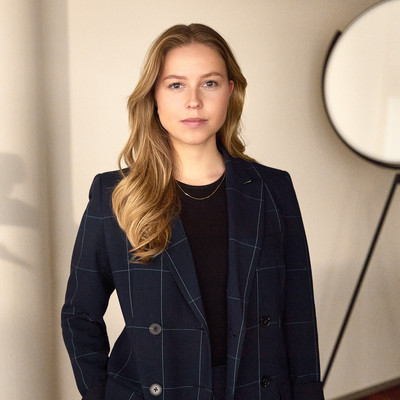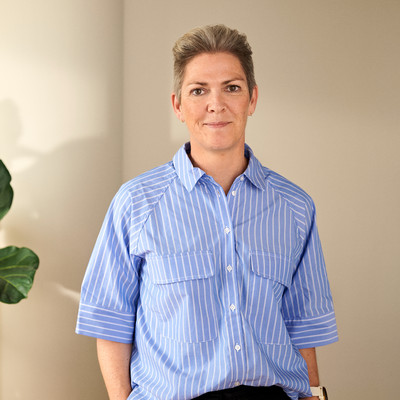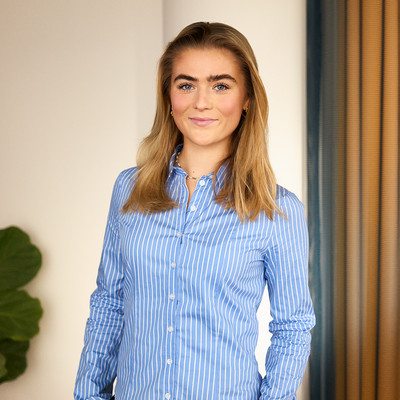COVID-19: New regulation requires testing and isolation for foreign employees entering Denmark
New requirements for testing and isolation
In Denmark, it has previously been a recommendation that people traveling from high-risk COVID-19 countries go into isolation when arriving to Denmark, however, it has never been a requirement.
The new temporary law requires that people entering Denmark must be tested for COVID-19 and must go into isolation for 10 days. The isolation period may, however, be reduced if a negative PCR test can be presented. It is a requirement that this PCR test is not taken earlier than on the fourth day after the entry into Denmark.
Exceptions to the isolation requirement
The requirement for isolation does not apply to people who have previously been infected with COVID-19, and who are able to provide documentation for a positive test result which at the time when entering Denmark is at least 14 days and maximum 12 weeks old from the arrival time.
Furthermore, travelers from foreign countries who enters Denmark to perform work, provide goods or services, or if the foreigner has another legitimate purpose for entering Denmark will likewise be exempted for the requirement of isolation. The traveler will not be exempted from the requirement for isolation outside working hours but only in the periods when the employee executes the legitimate purpose such as working. As such, an employee entering Denmark may work in Denmark on usual terms and must go into isolation in his/her leisure time in accordance with the new rules set out in the temporary law.
The 10 day period for isolation outside working hours may, however, end if the traveler can present a negative COVID-19 test result performed at least two days after entering Denmark. This means that employees who can present a negative COVID-19 test two days after entering Denmark will no longer be subject to the isolation requirement.
In addition, it appears from the law that people residing in border countries and certain people who often cross the border as part of their work are exempted from the isolation requirement.
For example, travelers through Sweden to and from Bornholm are not subject to the isolation requirement, however, such travelers are obliged to provide a negative COVID-19 test which is taken maximum one week before entering Denmark. If the traveler residing in the border country does not have a legitimate purpose, the traveler is obliged to provide a negative COVID-19 test result which is taken maximum 24 hours before entering Denmark.
The rules on isolation and testing apply from 2 February 2021 until 1 March 2021 if they are not extended.
Requirements for employees’ housing
The new law requires that employers who provide housing to their employees ensure that the residence is arranged to limit infection with COVID-19. This requirement only applies when two or more employees who are not from the same household are accommodated in a shared residence.
The new law applies both when the company owns the specific residence or rents it. At the same time, the law applies regardless of whether it is the company or the employee who pays for the home.
The law does not apply if the company merely arranges a contract with a landlord.
The new regulation on requirements for employees’ housing facilities is effective from 2 February 2021 until 1 July 2021. The first 14 days will be an instructive period in which companies will have time to adapt to the new requirements.
There are several other legislative measures to be considered during the process of handling cross-border workforces. These are both complex yet to some extent flexible and to be on the safe side and to avoid staff being rejected at the border we advise HR departments to scrutinize the legislation thoroughly and also to ensure that COVID-19 plans and measures are implemented at once in accordance with governance requirements.
If you have questions to the new rules or how you should proceed as a company with foreign employees, feel free to contact our employment law specialists Partner, Attorney Michael Møller Nielsen; Attorney Julie Flindt Rasmussen or Associate Attorney Marta Valgreen Knudsen.



